
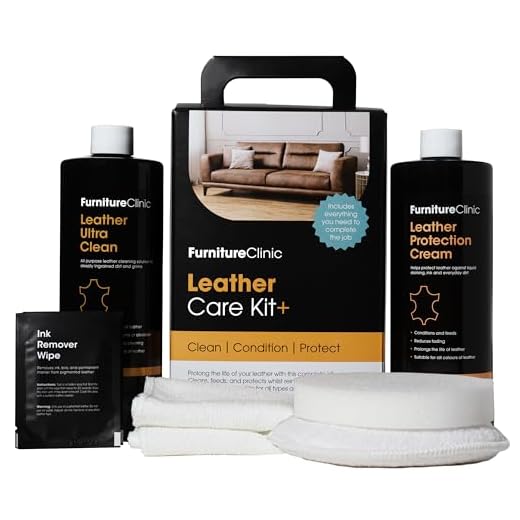



Your leather sofa is not only a beautiful addition to your home, but also an investment that can last for many years if properly cared for. Leather has a unique texture and appearance that requires specific cleaning and maintenance techniques to keep it looking its best. In this article, we will discuss the steps you can take to ensure your leather sofa stays clean, supple, and free from damage.
The first step in maintaining your leather sofa is regular cleaning. Dust and dirt can accumulate on the surface of the leather, and if left untreated, can cause the material to age prematurely. To clean your leather sofa, start by removing any loose dirt or debris with a soft brush or vacuum cleaner. Be sure to use a brush with soft bristles to avoid scratching the leather.
Once the loose dirt has been removed, you can wipe down the leather with a damp cloth or sponge. Use a mild soap or leather cleaner specifically designed for use on leather furniture. Avoid using harsh cleaning agents or chemicals, as these can damage the leather. Gently scrub the surface of the leather in a circular motion, paying extra attention to any stained or soiled areas. After cleaning, rinse the cloth or sponge thoroughly and wipe away any remaining soap residue.
After cleaning, it is important to moisturize the leather to prevent it from drying out and cracking. Apply a leather conditioner or moisturizer to the entire surface of the sofa, using a soft cloth or sponge. Be sure to follow the instructions on the product packaging and work the conditioner into the leather in a circular motion. Allow the conditioner to penetrate the leather for the recommended amount of time, and then wipe away any excess with a clean, dry cloth.
Why Leather Sofas Require Special Cleaning and Maintenance
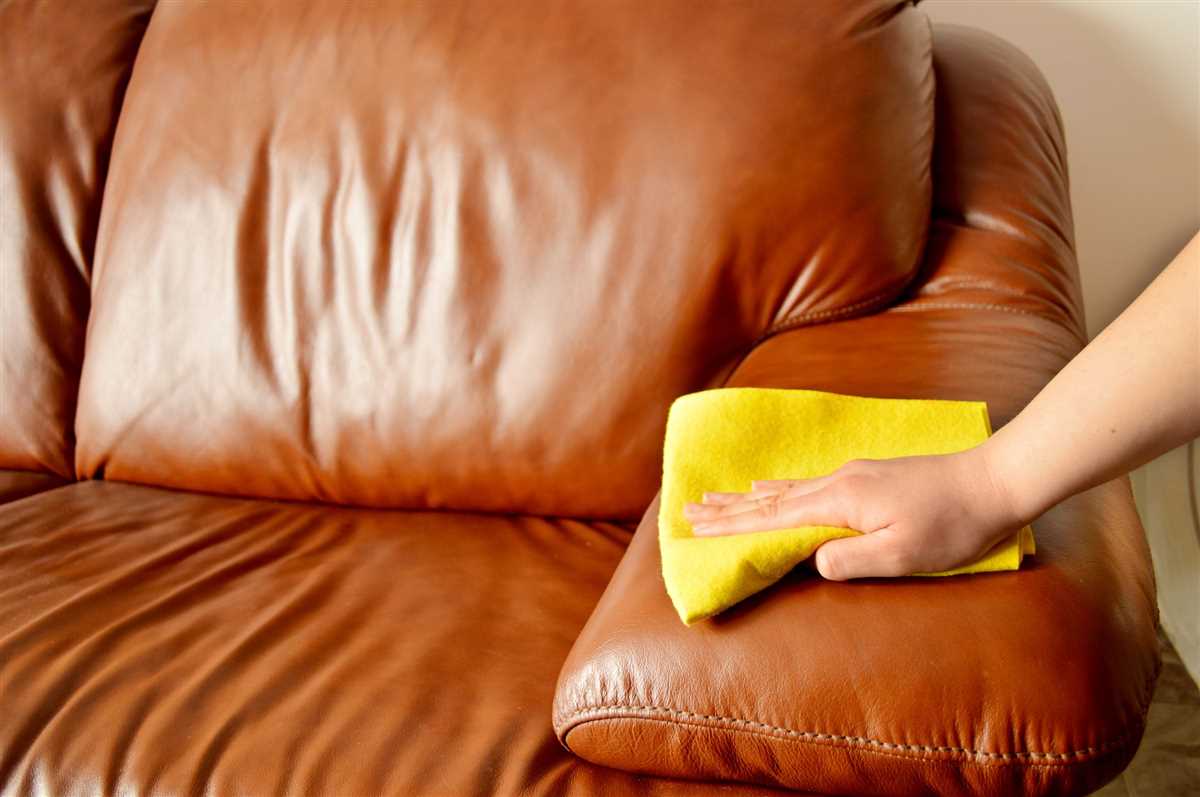
Leather sofas are a luxurious addition to any living room, but they require special cleaning and maintenance to keep them looking their best. Unlike fabric sofas, leather is a natural material that can be easily damaged if not properly cared for.
Reasons why leather sofas require special cleaning and maintenance:
- Sensitivity to moisture: Leather is sensitive to moisture and can easily absorb spills and stains. If not cleaned properly and promptly, these spills can leave permanent marks on the leather surface.
- Prone to drying out: Leather sofas are prone to drying out, especially if placed near sources of heat or in direct sunlight. When leather dries out, it can crack and lose its natural shine and softness.
- Susceptible to scratches: Leather is also susceptible to scratches, especially from sharp objects or pets’ claws. These scratches can mar the appearance of the leather and require special attention to repair.
Tips for cleaning and maintaining leather sofas:
To ensure the longevity and beauty of your leather sofa, follow these tips for cleaning and maintenance:
- Regular dusting: Dust your leather sofa regularly using a soft, dry cloth or a vacuum cleaner with a soft brush attachment. This will remove any dirt or dust particles that can scratch the leather surface.
- Immediate spill clean-up: If you spill something on your leather sofa, clean it up immediately using a clean, damp cloth. Gently blot the spill to absorb as much liquid as possible, and then allow the area to air dry.
- Proper conditioning: Use a leather conditioner or lotion to keep your sofa moisturized and prevent it from drying out. Apply the conditioner following the manufacturer’s instructions and buff it in with a clean cloth.
- Avoid direct sunlight and heat: Keep your leather sofa away from direct sunlight and heat sources, as they can dry out the leather and cause it to crack. If necessary, use curtains or blinds to protect the sofa from sunlight.
- Avoid harsh cleaning products: Avoid using harsh cleaning products or chemicals on your leather sofa, as they can damage the leather. Stick to mild, leather-specific cleaners and always test them on a small, inconspicuous area first.
By following these tips and providing regular care and maintenance, your leather sofa will remain a beautiful and timeless piece of furniture in your home for years to come.
Understanding the Unique Characteristics of Leather Sofas
Leather sofas are a popular choice for many homeowners due to their durability, elegance, and timeless appeal. However, it is important to understand and appreciate the unique characteristics of leather sofas in order to properly clean and maintain them.
1. Natural Variations
One of the most distinctive features of leather sofas is the natural variations in color and texture. Leather is a natural material and each hide has its own unique grain pattern and markings. These variations add to the beauty and charm of leather sofas, making each one completely unique.
2. Patina
Leather sofas develop a unique patina over time, which is a natural process caused by the oils from our skin and the environment. This patina gives leather sofas a rich and luxurious look and feel. It should be embraced as a natural characteristic of leather and not mistaken for wear and tear.
3. Softening and Stretching
With regular use, leather sofas will naturally soften and stretch. This is a normal characteristic of leather and should not be considered a defect. The softening and stretching give leather sofas a comfortable and inviting feel, making them even more enjoyable to sit on over time.
4. Durability
Leather sofas are known for their exceptional durability. Leather is a tough and resilient material that can withstand everyday wear and tear. However, it is important to still take proper care of your leather sofa to maintain its beauty and extend its lifespan.
5. Susceptibility to Stains
While leather is generally resistant to stains, it is not completely immune. Certain substances like ink, oil, and food spills can still leave marks on a leather sofa if not promptly cleaned. It is crucial to quickly attend to any spills or stains to prevent long-term damage to the leather.
6. Protection from Sunlight
Leather sofas should be protected from direct sunlight, as it can cause the leather to fade or discolor over time. It is advisable to position your leather sofa away from windows or use curtains or blinds to minimize exposure to sunlight.
7. Regular Cleaning and Conditioning
To keep your leather sofa looking its best, regular cleaning and conditioning are essential. Avoid using harsh chemicals or abrasive cleaners that can damage the leather. Instead, use a mild soap and water solution or a specially formulated leather cleaner to gently remove dirt and stains. Conditioning the leather periodically will help to maintain its suppleness and prevent it from drying out.
By understanding and appreciating these unique characteristics of leather sofas, you can ensure their longevity and keep them looking beautiful for years to come. Proper care and maintenance will help you enjoy the comfort and elegance of your leather sofa for a lifetime.
Choosing the Right Cleaning Products for Your Leather Sofa
When it comes to cleaning your leather sofa, using the right cleaning products is essential. Leather is a delicate material that requires gentle care, so it’s important to choose products that are specifically designed for cleaning leather. Here are some factors to consider when selecting cleaning products for your leather sofa:
- Type of Leather: There are different types of leather, such as aniline, semi-aniline, nubuck, and protected leather. Each type requires a specific cleaning approach and compatible products. Check the manufacturer’s instructions or consult a professional to determine the type of leather and the appropriate cleaning products.
- Furniture Manufacturer’s Recommendations: The manufacturer of your leather sofa may recommend specific cleaning products or provide guidelines on what to use and what to avoid. It’s wise to follow their recommendations to ensure the longevity of your sofa.
- Water-Based vs. Solvent-Based Cleaners: Water-based cleaners are generally safer and gentler on leather compared to solvent-based cleaners. They are less likely to cause damage or discoloration. However, solvent-based cleaners may be necessary for more stubborn stains. Be sure to read the labels and choose a cleaner that is suitable for your specific needs.
- Avoid Harsh Chemicals: Harsh chemical cleaners, such as bleach, ammonia, or furniture polish, should never be used on leather. These chemicals can damage the leather’s surface and cause it to dry out or crack. Opt for milder and specifically formulated leather cleaners instead.
- Test in an Inconspicuous Area: Before using any cleaning product on your leather sofa, it’s important to test it in an inconspicuous area first. Apply a small amount of the cleaner to an unseen part of the sofa, such as the back or underneath the cushions, and observe for any adverse reactions or color changes.
- Conditioning Agents: Leather sofas require regular conditioning to keep them soft and supple. Choose a leather conditioner that is compatible with your type of leather and follow the manufacturer’s instructions for application. Conditioning should be done after cleaning to restore moisture and prevent drying out.
Remember, using the wrong cleaning products on your leather sofa can cause irreversible damage. If you’re unsure about which cleaning products to use or how to clean your leather sofa properly, it’s always best to seek professional advice or hire a professional cleaner.
Effective Cleaning Techniques for Leather Sofas
1. Regular Dusting and Vacuuming
Regular dusting and vacuuming are essential to keep your leather sofa clean and free from dirt and debris. Use a soft brush attachment on your vacuum cleaner to gently remove any loose dirt and dust from the surface of the sofa. Ensure that the brush attachment is clean and free from any grit or sharp edges that could scratch the leather.
2. Spot Cleaning
Inevitably, spills and stains will occur on your leather sofa. To remove these stains, it is important to act quickly. Start by blotting the stain with a clean, dry cloth to absorb as much of the liquid as possible. Avoid rubbing the stain, as this can push it further into the leather. Once the majority of the stain has been absorbed, use a mild soap and water solution to gently clean the affected area.
Apply the soapy solution to a clean cloth and gently blot the stain, being careful not to saturate the leather. Rinse the cloth frequently to remove any soap residue. After cleaning, use a clean, dry cloth to blot the area and remove any excess moisture. Allow the leather to air dry completely before using the sofa again.
3. Avoid Harsh Cleaning Products
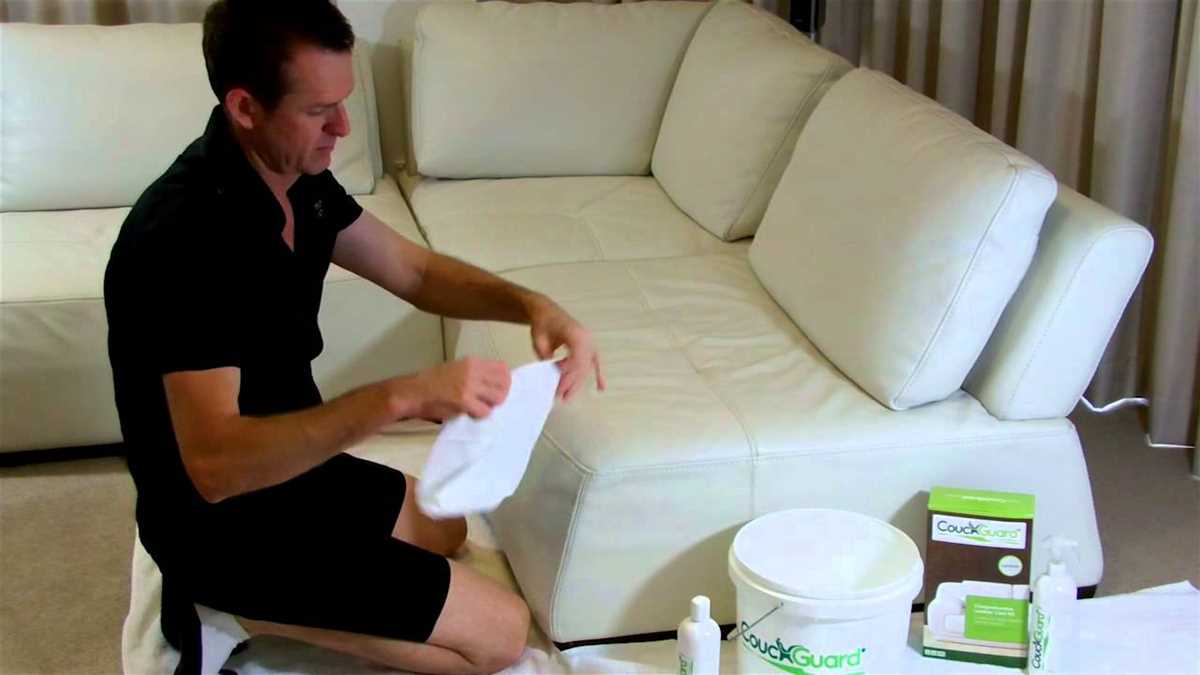
When cleaning your leather sofa, it is important to avoid using harsh cleaning products such as bleach, ammonia, or any abrasive cleaners. These can damage the leather and cause it to dry out or become discolored. Stick to mild, pH-neutral detergents and gentle cleaning techniques to ensure the longevity and beauty of your leather sofa.
4. Conditioning the Leather
Leather sofas benefit from regular conditioning to keep the leather moisturized and prevent drying and cracking. Use a high-quality leather conditioner that is specifically designed for your type of leather. Apply a small amount of conditioner to a clean cloth and gently rub it into the leather using circular motions. Allow the conditioner to penetrate the leather for the recommended amount of time, then buff off any excess with a clean, dry cloth.
- Regularly dust and vacuum the leather sofa
- Blot spills and stains immediately
- Gently clean with a mild soap and water solution
- Avoid using harsh cleaning products
- Condition the leather regularly to prevent drying and cracking
Following these effective cleaning techniques will help to ensure that your leather sofa remains clean, beautiful, and durable for years to come.
Preventing Common Issues and Damage to Your Leather Sofa
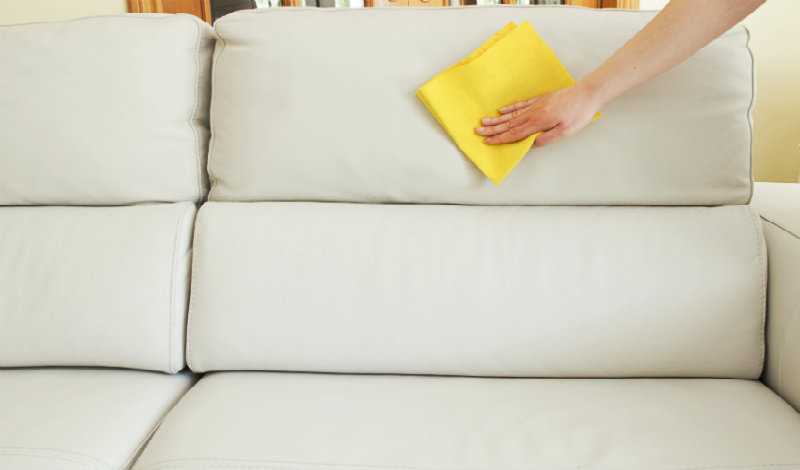
1. Avoid exposing your leather sofa to direct sunlight
Direct sunlight can cause your leather sofa to fade and dry out over time. To prevent this, place your sofa away from windows or use curtains or blinds to block out direct sunlight. You can also consider using a UV protective spray to help shield your leather sofa from UV rays.
2. Keep your leather sofa away from heat sources
Excessive heat can cause your leather sofa to become brittle and crack. Avoid placing your sofa near radiators, fireplaces, or heating vents. If you have a leather sofa in an area with a heat source, use a heat-resistant barrier, such as a blanket or cushion, to protect the leather.
3. Clean up spills immediately
Spills on your leather sofa should be cleaned up immediately to prevent staining and damage. Use a clean cloth or sponge to blot the spill and remove as much liquid as possible. Avoid rubbing the spill, as this can spread the stain and potentially damage the leather. Once the spill is removed, use a leather cleaner or mild soap and water to clean the area and then pat it dry.
4. Avoid using harsh cleaning products
When cleaning your leather sofa, avoid using harsh cleaning products that can strip the leather of its natural oils and cause it to dry out. Instead, use a leather-specific cleaner or a mild soap and water solution. Test any new cleaning product on a small, inconspicuous area of your sofa before applying it to the entire surface.
5. Use leather conditioner regularly
To keep your leather sofa supple and prevent it from drying out, apply a leather conditioner every few months or as recommended by the manufacturer. Leather conditioners help replenish the natural oils in the leather and keep it soft and moisturized. Follow the instructions on the conditioner bottle for best results.
6. Avoid sharp objects near your leather sofa
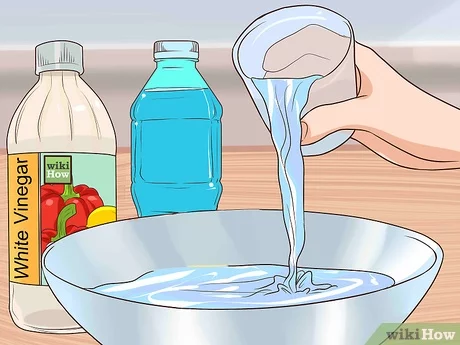
Sharp objects, such as scissors, keys, or pet claws, can easily scratch and damage the surface of your leather sofa. Be mindful of what you place on or near your sofa and keep sharp objects away from it. If you have pets, consider using furniture covers or pet-friendly leather protectors to prevent accidental damage.
7. Regularly dust and vacuum your leather sofa
Dust and debris can accumulate on your leather sofa’s surface over time, causing it to look dull and dirty. To prevent this, dust your sofa regularly with a soft cloth or brush. You can also use the brush attachment on your vacuum cleaner to remove any loose dirt or crumbs from the crevices of your sofa.
8. Avoid sitting on the same spot repeatedly
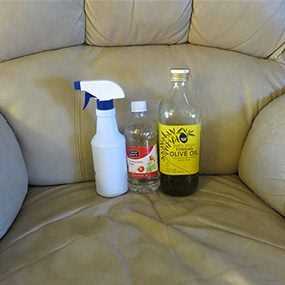
Sitting on the same spot on your leather sofa repeatedly can cause the leather to wear out and develop permanent impressions. Encourage even wear by rotating cushions and changing seating positions regularly. If you notice any signs of wear, consider using leather fillers or contacting a professional for repairs.
9. Use protective covers or blankets
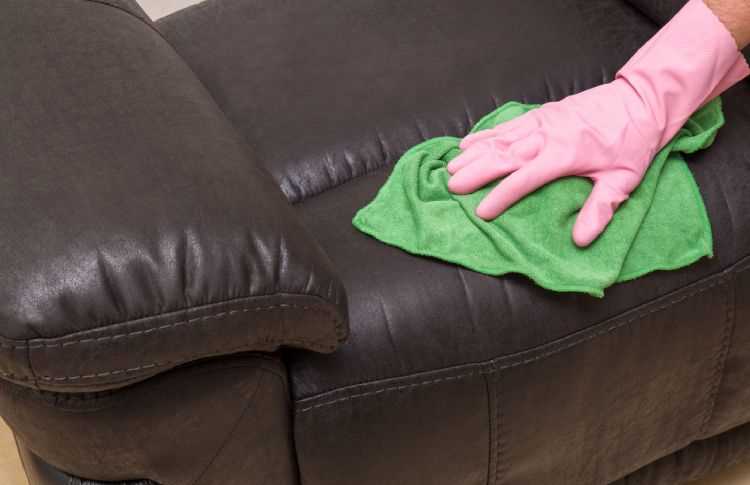
If you have children or pets, it’s a good idea to use protective covers or blankets on your leather sofa to prevent accidental spills, stains, or damage. Opt for covers that are specifically designed for leather furniture and are easy to clean and remove.
10. Follow the manufacturer’s care instructions
Always refer to the manufacturer’s care instructions for your specific leather sofa. Different types of leather may require different cleaning and maintenance techniques, so it’s important to follow the guidelines provided to avoid damaging your sofa.
By following these preventive measures, you can help extend the lifespan and maintain the appearance of your leather sofa for years to come.
Tips for Protecting Your Leather Sofa from Stains and Fading
1. Keep it away from direct sunlight
Leather sofas are prone to fading when exposed to direct sunlight for extended periods. To protect your sofa from fading, try to keep it away from windows or use curtains, blinds, or window films to block out direct sunlight.
2. Avoid placing it near heat sources
Excessive heat can cause the leather to crack or dry out, leading to irreversible damage. Make sure to keep your leather sofa away from heating vents, fireplaces, radiators, or any other heat source.
3. Use a leather conditioner regularly
To maintain the suppleness and prevent drying of your leather sofa, apply a leather conditioner every three to six months. This will help to keep the leather moisturized and prevent cracks or stiffness.
4. Clean spills immediately
Accidental spills happen, but it’s essential to clean them up immediately to prevent stains from settling into the leather. Use a clean cloth or sponge to blot the spill gently. Avoid rubbing as it can spread the stain or damage the leather.
5. Use leather protectant products
Consider using leather protectant products that can provide an additional barrier against stains and spills. These products create a protective layer on the leather’s surface and make it easier to clean up any spills or stains.
6. Avoid using harsh cleaning products
When cleaning your leather sofa, avoid using harsh cleaning products like bleach, ammonia, or abrasive cleaners. These can damage the leather and cause it to lose its natural oils and finish.
7. Keep pets and sharp objects away
Pets with sharp claws or objects with pointed edges can scratch or puncture the leather surface. To protect your sofa, make sure to keep pets away or use pet covers, and avoid placing sharp objects directly on the leather.
8. Regularly dust and vacuum
Dust and dirt can accumulate on your leather sofa, making it look dull and worn out. Regularly dust the surface of your sofa with a soft cloth or vacuum it using a soft brush attachment to remove any dirt or debris.
By following these tips, you can extend the lifespan of your leather sofa and keep it looking beautiful for years to come.
Regular Maintenance Routine for Your Leather Sofa
Properly maintaining your leather sofa is essential to ensure its longevity and keep it looking its best. By following a regular maintenance routine, you can prevent dirt, dust, and stains from building up and damaging the leather. Here are some steps you can take to maintain your leather sofa:
1. Dusting:
Start by dusting your leather sofa regularly using a soft dusting cloth or a vacuum cleaner with a soft brush attachment. This will help remove any loose dirt or debris from the surface of the leather.
2. Wiping:
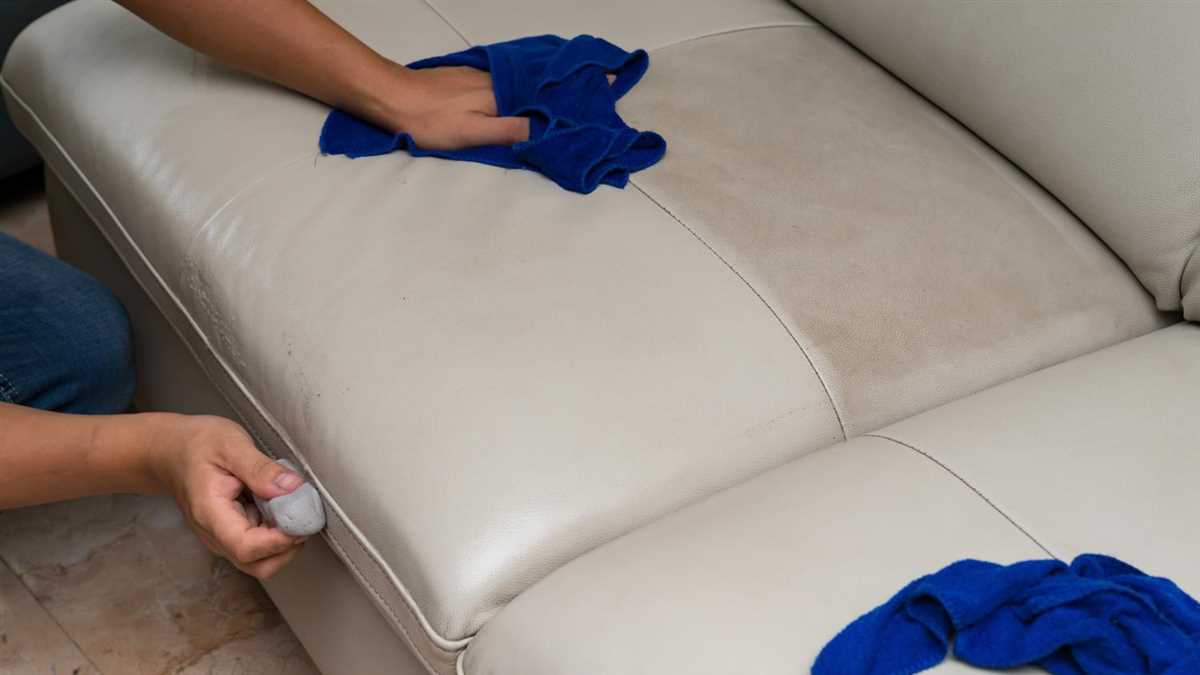
Using a clean, damp cloth, wipe down the entire surface of the leather sofa. Make sure the cloth is not too wet to avoid soaking the leather. This will help remove any surface stains or spills.
3. Conditioning:
Leather sofas need to be conditioned regularly to keep them soft and supple. Apply a leather conditioner according to the manufacturer’s instructions, making sure to cover the entire surface of the sofa. This will help prevent the leather from drying out and cracking.
4. Avoiding Direct Sunlight:
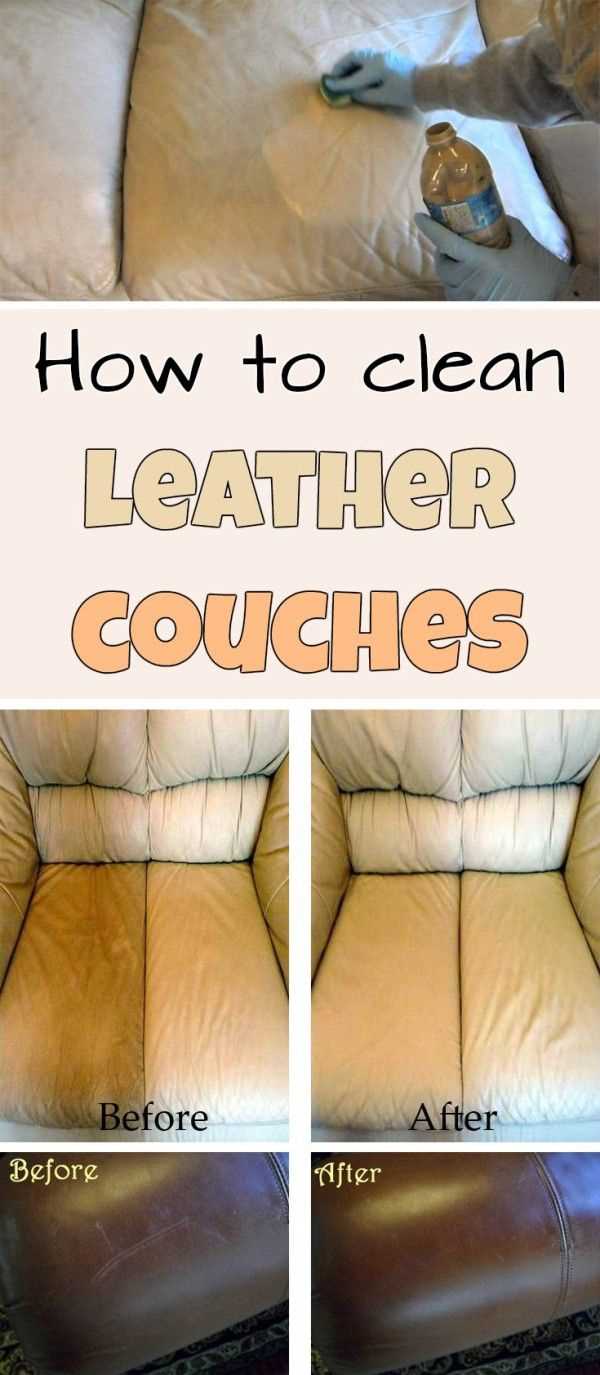
Direct sunlight can fade and damage the leather on your sofa. If possible, place your sofa away from windows or use curtains or blinds to block out the sun’s rays during the brightest parts of the day.
5. Spills and Stains:
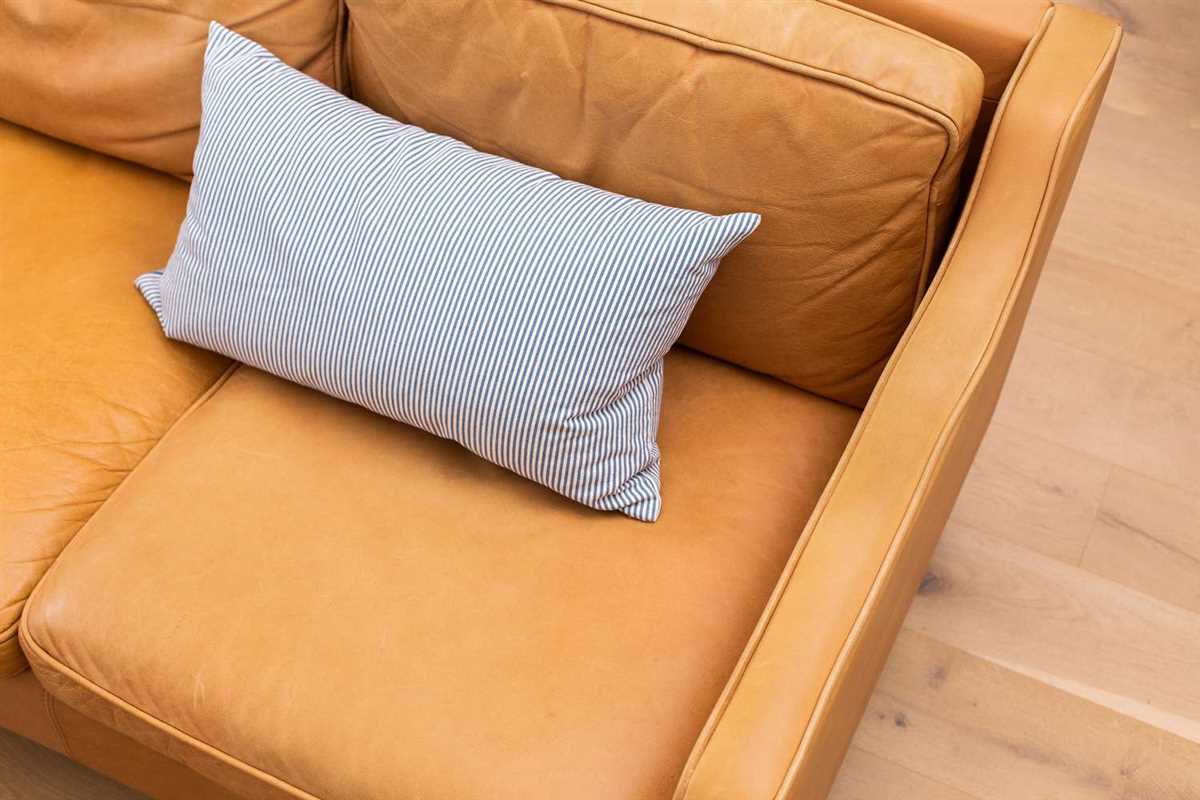
If a spill occurs on your leather sofa, it is important to act quickly. Blot the spill with a clean, dry cloth to remove as much liquid as possible. Avoid rubbing the spill, as this can spread the stain or push it deeper into the leather. If the spill leaves a stain, consult a professional leather cleaner for further assistance.
6. Avoiding Harsh Chemicals:

Avoid using harsh chemicals or cleaning products on your leather sofa, as they can damage the leather or strip off its natural oils. Stick to mild soaps or specialized leather cleaners recommended by the manufacturer.
7. Preventing Scratches:
Try to keep sharp objects away from your leather sofa to prevent scratches. If you have pets, consider using a protective cover or training them to stay off the furniture.
By following this regular maintenance routine, you can keep your leather sofa looking beautiful and ensure it lasts for years to come.
FAQ
What is the best way to clean a leather sofa?
The best way to clean a leather sofa is to start by vacuuming the surface with a soft brush attachment to remove loose dirt and dust. Then, mix a few drops of mild soap with water to create a soapy solution. Dip a clean cloth into the solution and wring out any excess moisture. Gently wipe the leather sofa using circular motions, making sure to cover all areas. Finally, use a clean, damp cloth to remove any soap residue and dry the sofa with a soft towel.
Can I use any type of soap to clean a leather sofa?
No, it is important to use a mild soap specifically designed for cleaning leather. Avoid using harsh detergents, bleach, or ammonia-based cleaners as these can damage the leather. Stick to a gentle soap that is pH-neutral and does not contain excessive additives or fragrances.
How often should I clean my leather sofa?
The frequency of cleaning your leather sofa depends on how often it is used and the level of dirt and stains it accumulates. However, as a general rule, it is recommended to clean your leather sofa at least once every three months. Regular maintenance and spot cleaning can also help in maintaining its appearance and longevity.
Can I use a conditioner on my leather sofa after cleaning?
Yes, using a leather conditioner after cleaning can help restore moisture to the leather and prevent it from drying out or cracking. Choose a conditioner that is specifically formulated for leather furniture and apply it according to the manufacturer’s instructions. Conditioning your leather sofa every six to twelve months can help keep it soft, supple, and looking its best.












